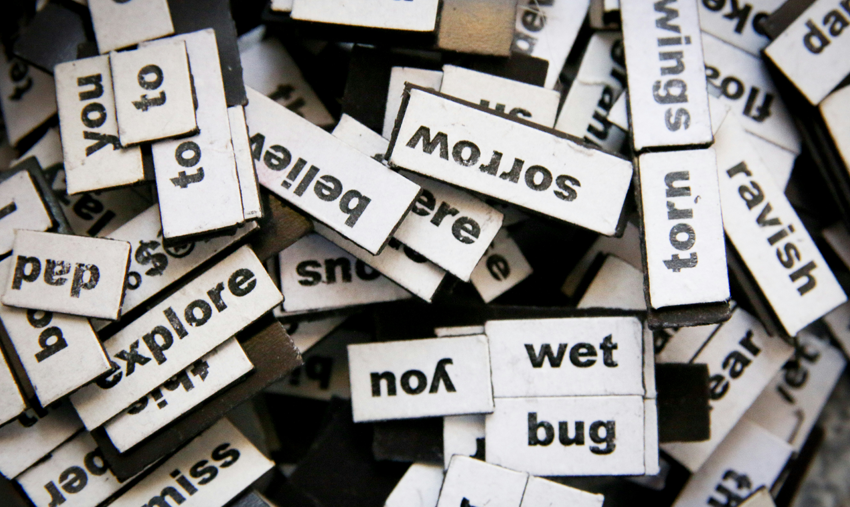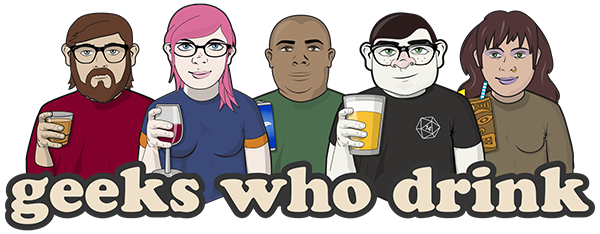This article is worth 56% of a picture
All the latest from the world of words and communication

For this week’s briefs, we figured it was time to take a break from crosswords and catch you up on just regular old words (and word replacements, as you’ll see). Grab a thesaurus and come along!
Oi, mate, you’re rubbered!
According to a study published in the Yearbook of German Cognitive Linguistics–surely you already have your copy–the British have a Shakespeare-worthy vocabulary of 546 words to describe a state of inebriation. There’s your basic past participle format (gazeboed, carparked, cabbaged), for people who are a hair shy of poisoning themselves. And then there are -y words (tipsy, merry, squiffy) for more moderate intoxication.
The researchers say these “drunkonyms” allow Brits to discuss drinking in a more lighthearted way, with characteristic dry humor that somewhat conceals the terrible consequences of overindulgence. (Note how the base words gazebo, carpark, and cabbage have nothing to do with drinking.) Of course, that isn’t necessarily for the best, as the researchers point out: “We definitely do not wish to promote the state of drunkenness, but rather wish to shine a light on the words from a ‘linguistic perspective.’”
Linguistic, I’ll say. Ramsquaddled…trousered… rat-arsed…
You had us at poop
Happy 25th birthday, emojis!
In February 1999, spurred by interface designer Shigetaka Kurita, the Japanese telecom DoCoMo released 176 symbols that included a game controller, a high-heel shoe, and a few things that are inscrutable thanks to the primitive phone graphics of the time. Back then, users were limited to 250 characters per message, so the emojis served to delight customers by replacing sheer word count with something new and exciting.
From the Japanese words “e” for “picture”, and “moji” for “character”–unlike the earlier “emoticon,” its proximity to “emotion” is mere coincidence–Shigetaka Kurita’s “famous 176” emojis first took Japan by storm, becoming commonplace in the country before gaining global popularity (and getting a painfully bad movie) over the following decades.
Today, those few dozen emojis have grown to a whopping 3,782 digital non-word words, which have obviously become an integral part of messaging. Unicode’s latest approved emojis for 2024 include a wide range of wheelchair emojis, a phoenix, and a lime (finally, someone is taking those lemons down a peg).
What’s $13,600 in parsecs?
Star Wars scripts aren’t generally regarded as priceless poetry, but you could be more careful than this: An original script for A New Hope–you know, the first movie, then just called Star Wars–was sold at auction for a record $13,600. This particular copy was left behind by Harrison Ford in 1976, at a London flat he rented during filming.
The owners of the property found the script and held onto it for five decades, before finally deciding to offer it up for auction. The unbound and incomplete script even contained colored pages indicating revisions, and scenes that were cut from the final edit. “Although other copies of this script have come to market previously,” the auctioneer told The Guardian, “this sale saw a new record set … which shows how a personal link to the items is so enticing to Star Wars fans.”
The script was not the only thing Ford left behind in the Nottinghill apartment: The landlords got $6,100 for another lot containing a call sheet, shooting schedule, and some notes. “Laugh it up, fuzzball,” we like to imagine him saying when he learned this news, to no one in particular.
